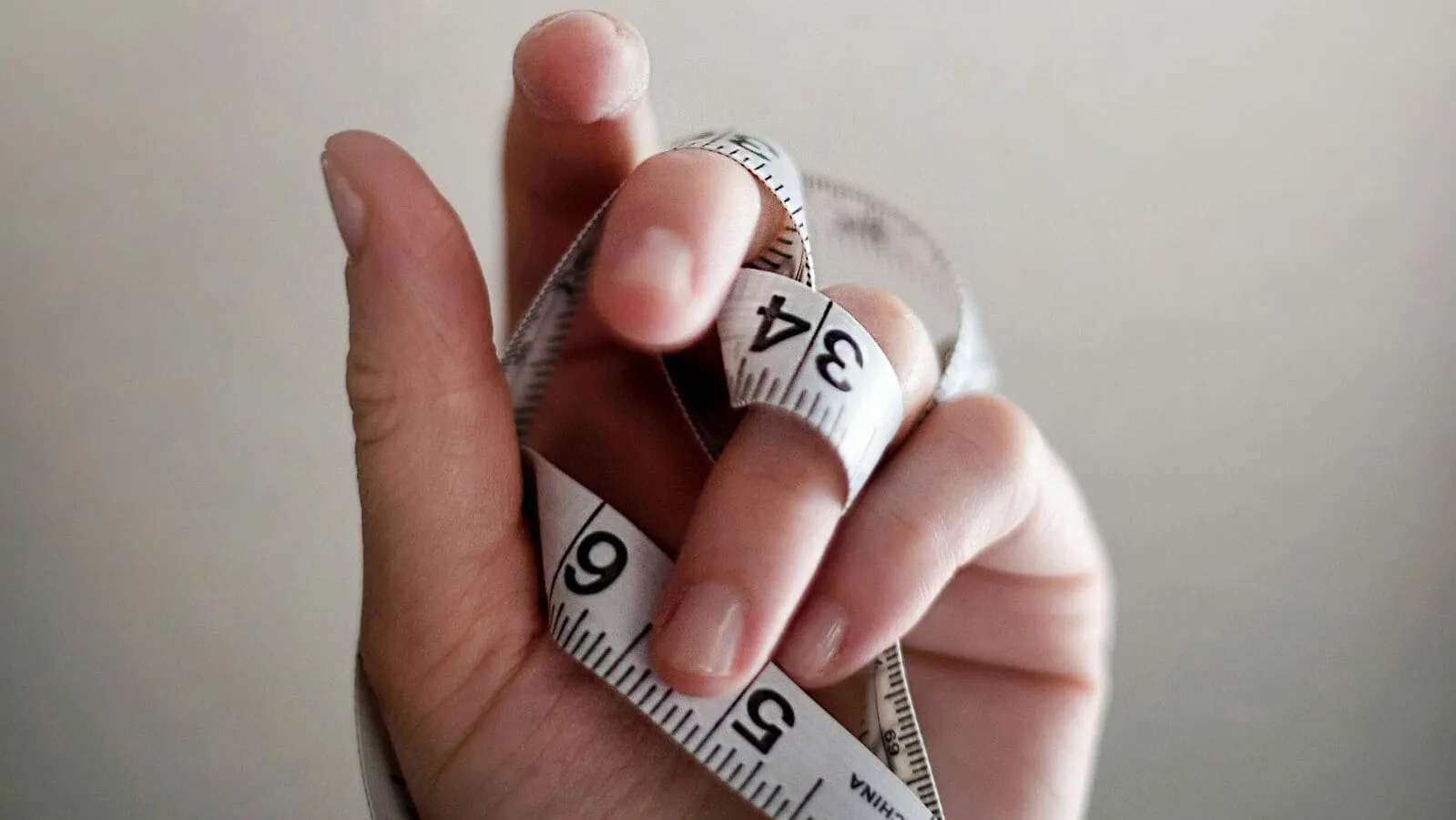Understanding Body Roundness Index As A Health Indicator

The Rise of Body Roundness Index
The Body Roundness Index (BRI) is gaining recognition as a more effective measure for assessing health risks associated with visceral obesity. Proposed by Dr. Diana Thomas in 2013, BRI considers age, height, weight, sex, race, waist, and hip circumference to deliver a comprehensive assessment. This marks a significant shift in evaluating obesity's impact on mortality.
How Does BRI Compare to BMI?
While Body Mass Index (BMI) calculates weight in relation to height, it fails to distinguish between different body types. In contrast, BRI captures fat distribution more accurately, linking increased body roundness with heightened health risks. Studies show that this correlation is crucial in addressing metabolic diseases like type 2 diabetes.
- The Importance of Waist Measurements: BRI uses waist and hip measures to assess body shape and fat distribution.
- Clinical Recommendations: Medical experts are now advocating for BRI in clinical assessments over BMI.
Limitations of the Body Roundness Index
Despite its promising aspects, BRI is not without limitations. It should not be considered a standalone diagnostic tool since it does not account for muscle mass or comprehensive metabolic factors. Comprehensive assessments should consider additional tests and evaluations to form a complete health profile.
This article was prepared using information from open sources in accordance with the principles of Ethical Policy. The editorial team is not responsible for absolute accuracy, as it relies on data from the sources referenced.